The brain boosters
How a unique intelligence test of 11 year olds taken nearly 90 years ago is proving invaluable in helping researchers find ways to keep our minds sharp today.
In the summers of 1932 and 1947, almost every 11 year old in schools across Scotland took an intelligence test as part of the Scottish Mental Survey. It was the first, and still the only, intelligence test of an entire age group in the world, and yet the results were recorded, archived and left largely untouched for decades.
That is until Ian Deary, Professor of Differential Psychology at the University, read about the surveys in the late 1990s. This led, with the help of his friend Professor Lawrence Whalley and Lawrence’s wife Patricia, to the unearthing what he describes as “a treasure trove of data”.

The Lothian Birth Cohorts
Since the rediscovery of the data Professor Deary has dedicated his career to maximising its potential, with research focusing on two groups of ‘children’ from in and around Edinburgh who took part in the original tests and have come to be known as the Lothian Birth Cohorts (LBCs).
On retiring and becoming Emeritus Professor in December 2020, after more than 20 years of leading the LBCs, Professor Deary handed over the role of Principal Investigator on to his long-term colleague in the School of Philosophy, Psychology & Language Sciences, Dr Simon Cox.
Having already worked together for years, the two academics – who continue to write research papers together – and their team have collated a wealth of information about how our thinking skills change as we age and how to maintain a healthy brain throughout life.
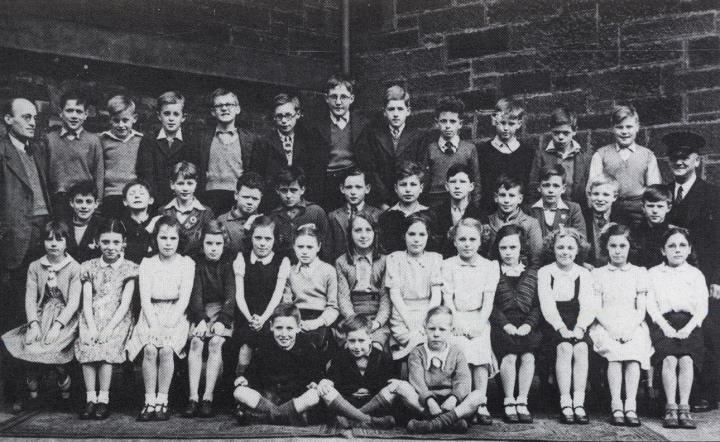
A unique opportunity
It’s not often that the term unique can genuinely be applied to something, but that’s exactly what makes this research so special.
“Scotland is the only country to have tested an almost entire population for intelligence, and it did it twice,” explains Professor Deary. “On 1 June 1932 it tested 87,498 children born in 1921. On 4 June 1947 it tested 70,805 children born in 1936. It used the Moray House Test No 12, devised by Professor Godfrey Thomson who was Professor of Education at the University of Edinburgh from 1925 until 1951.”
Even more special is what came after when Professor Deary realised the research potential that could be achieved with this rare baseline data.
On finding out the records could be accessed, two possibilities came to mind, as Professor Deary explains: “First, by tracing people, now in older age, and testing them again, we could find out whose cognitive functions had aged well and whose not so well. By also examining their health, lifestyles, environments, genetics and so on, we might be afforded some clues to healthy cognitive ageing.”
With cognitive ageing being the first arm of research Professor Deary also foresaw a second arm of research, that being cognitive epidemiology.
“By looking at how intelligence test scores from age 11 were related to longevity and health through the lifespan, we could find out how cognitive functions in youth were related to later health,” he continues. “This is important in the context that it was already known that education and socio-economic status were related to health through the lifespan, and that intelligence is related to both of those. Our aim was to try to pick apart the contributions of intelligence, education and socio-economic status to health, illness and survival to older age.”

Contacting the ‘children’
In 1999, Professor Deary and his then small team set about contacting the surviving members of the first Scottish Mental Survey living in Edinburgh and the surrounding region. Their target was to recruit 500 people (all they had funding for), but 550 people agreed to take part. These formed the Lothian Birth Cohorts 1921 (LBC1921).
“The LBC1921 started at age 79 and were tested individually, every three years, until age 92. We still follow them up for health matters, and some are celebrating their 100th birthday this year,” says Professor Deary.
The successful early years of research with LBC1921 led Professor Deary and his team to join forces with the charity Age UK to create the Disconnected Mind project in 2004. This time, they invited people in and around Edinburgh who took part in the second Scottish Mental Survey. The target was 1,000 people; an impressive 1,091 people signed up, forming the Lothian Birth Cohort 1936 (LBC1936).
Since then the LBC1936 group has been tested five times every three years, from the ages of 70 to 82, using the exact same tests they carried out when they were 11, plus a large range of additional tests covering thinking skills, medical and physical exams and brain MRI scans.
The team also gather lifestyle information on exercise, diet, mood, personality and living conditions, to name but a few. Eminent cognitive ageing academic Professor Timothy Salthouse from University of Virginia in Charlottesville, USA, described the LBC1936 as the most intensively studied group of people in the world.
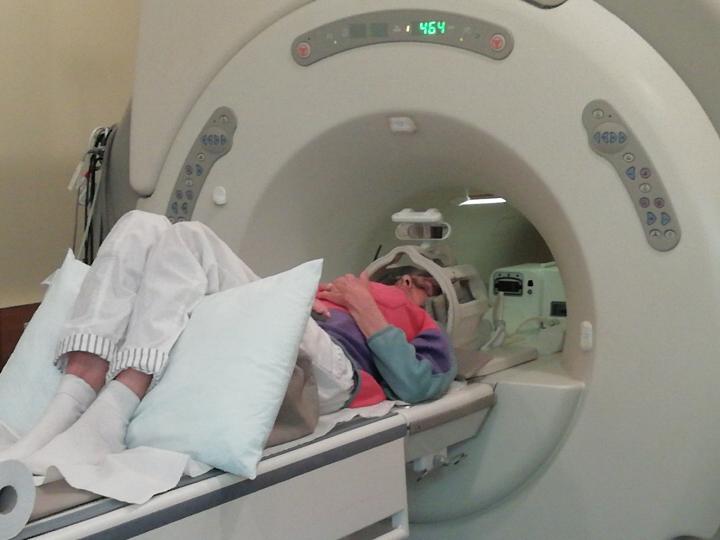
A collaborative community
“I began with two staff at the beginning in the late 1990s and the core team has expanded to well over double figures, not counting the many collaborators, PhD students and so on,” says Professory Deary. “Dr Simon Cox, who worked in my team for many years, now directs the studies and group. The LBC1936, especially, has grown to be a huge study with many aspects and many collaborators with expertise in many relevant fields.”
For Dr Cox, who studied for both his masters and PhD at the University, this ability to collaborate across disciplines at Edinburgh has enabled the research to expand and evolve: “The research community at the University is so well integrated we can make contributions to science that just weren’t foreseen for this study when it began.”
“It’s a place where world-leading expertise is local,” he continues. “In addition to our experts in psychology, we work on post-mortem brain tissue donations, neuroimaging, stem cells with experts in medicine, genomics, methylomics and other ‘omics with teams in the Roslin Institute and IGMM. Elsewhere, collaborators in geosciences have geocoded information on lifetime addresses provided by participants to give us a picture of lifecourse exposure to air pollution (the records in Edinburgh go back to 1935!), and the list goes on.”
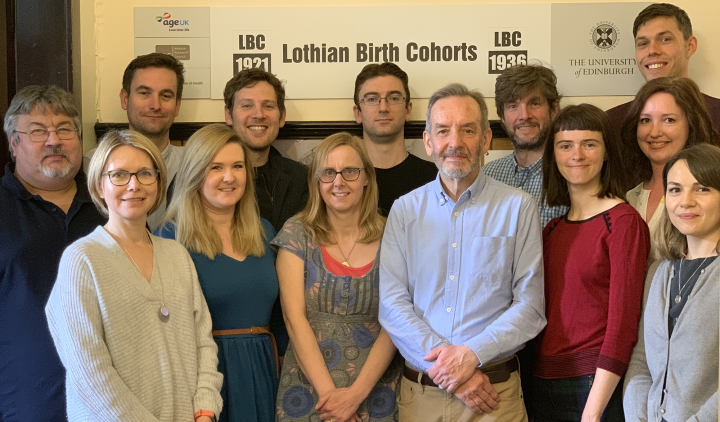
Team dedication
LBC1936 were due to be tested for the sixth time last summer when the pandemic put things on hold. While the researchers couldn’t see members of the cohort in person for their tests, they used the time effectively.
“The team adapted brilliantly. They spotted the underrepresentation of adults aged 80 plus in the Covid literature, and designed and deployed a survey to the cohort members in a matter of weeks,” explains Dr Cox. “It resulted in three papers, an article in The Times, and various work with Public Health Scotland. And this was on top of a year of scientific papers and discovery comparable with previous years – while in lockdown. Working from home. Many home schooling. They have deservedly been nominated for the Adaptation To Change Award in the College of Arts, Humanities & Social Science Recognition Awards – I am keeping my fingers crossed for them.”
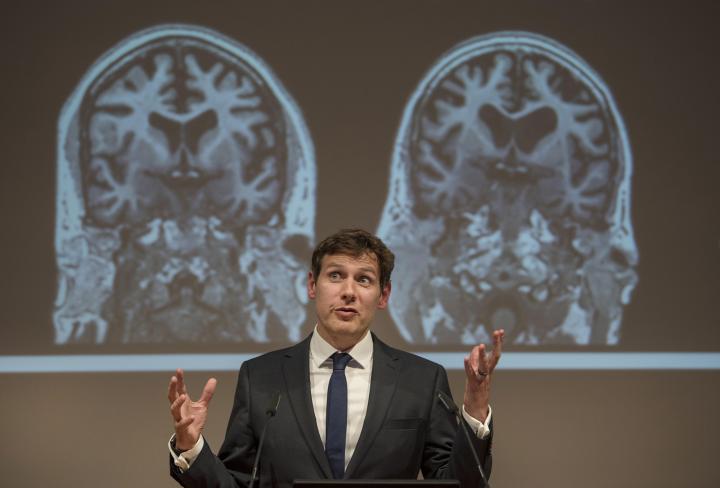
Dr Cox has been delighted to learn that the pandemic hasn’t affected the cohort’s enthusiasm for further testing either: “We were back in touch with the LBC1936 at Christmas. Alongside the annual Christmas card the team all sign, we included a survey to ask whether they would consider coming back this year, given the Covid-related precautions we had implemented. It was met with a resounding ‘yes’. And this was before any vaccines had been developed and approved. We are looking forward to going back ‘into field’ this summer.”
The participants of the LBCs are as special as the data they provide. They are committed and proud to take part, enjoying each wave of testing and the regular reunions, as well as media appearances.
Dr Cox says, “We are extremely privileged that they have contributed, and that so many continue to do so, and the project is as much theirs as it is ours.”
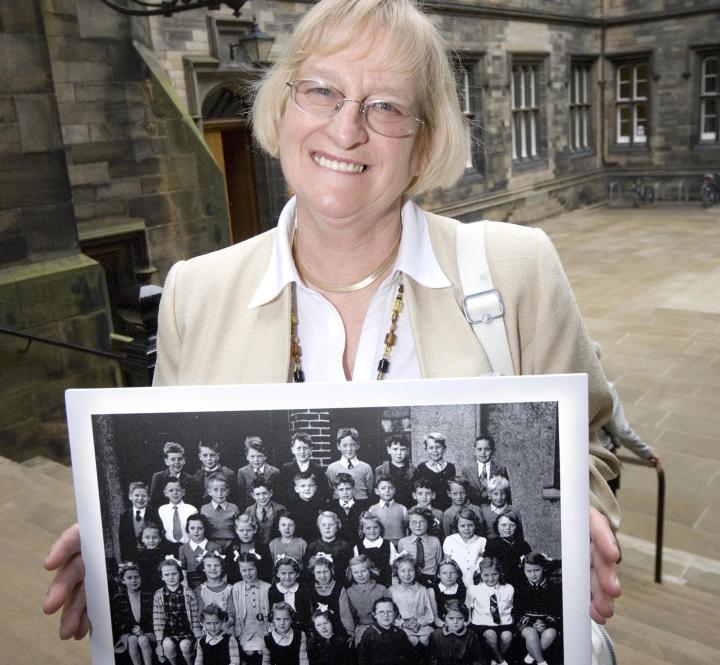
Research revelations
Output from the project team has been prolific and the impact vast. There have been nearly 500 research reports published in peer-reviewed academic journals on LBC1936 alone.
Findings have revealed that about 50 per cent of individual differences in older-age cognitive ability is accounted for by childhood IQ, while the differences in people’s genes might account for about 25 per cent of the variation in how thinking skills change from childhood to old age.
LBC research has also confirmed that cognitive decline with ageing tends to be slightly greater in those who smoke, who are less fit and healthy, and who are lonely and socially isolated; age-related cognitive decline tends to be slightly less in those who maintain physical activity into older age.
MRI brain scans undertaken by the cohort have shown that as people get older their brains become smaller (as brain cells are lost) and certain areas of the cortex become thinner.

Reaching out
The team hasn’t limited sharing research results to academic audiences. Building relationships with policymakers and politicians has led LBC findings to be cited in 60 policy documents and guidelines from six governments and organisations.
Keen to reach out to the wider public too, the researchers have given talks at science festivals and in schools, and appeared on the BBC’s Horizon – The Great British Intelligence Test. Professor Deary has even been given his own avatar for an animation he narrated on staying sharp in later life for Age UK.
Watch Professor Deary’s top tips:
A collaboration between the University and the National Museum of Scotland has led to a 3D-printed model of a brain developed from a MRI scan of LBC1936 cohort participant John Scott becoming part of a permanent exhibit for all to see, along with a laser-etched crystal of the neural connections in his brain.
On meeting his brain models, Mr Scott said: “The first time I saw them was completely surreal. Holding an exact replica of your brain sounds like something from a science fiction novel but it was an incredible experience.”
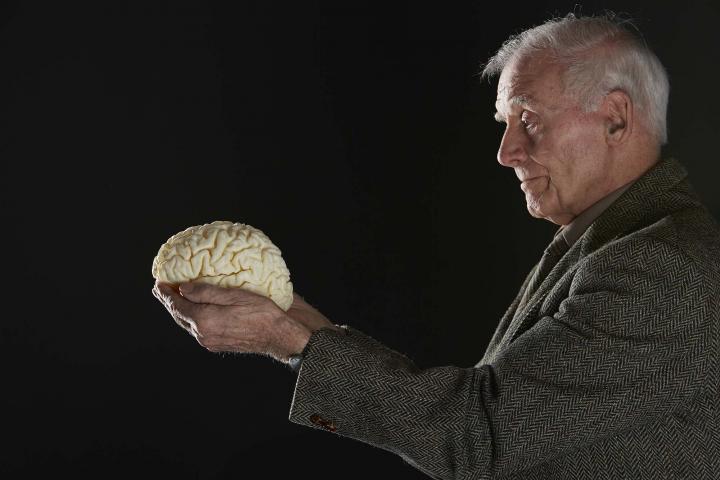
Minds of the future
Putting science fiction to one side, the reality is that many people find their brains affected in older age. “Losing our thinking skills is one of the most feared aspects of growing older, and cognitive declines – even in the majority of older individuals who don’t have dementia – carry a high personal, societal and financial cost,” explains Dr Cox.
So what is the impact of studying brain health? “Understanding why some people experience these changes more than others is essential, but to do so, we need information on more than just the cognitive skills themselves,” Dr Cox continues. “Studying how aspects of brain ageing relate to cognitive ageing can provide crucial clues to the mechanisms at play. Putting all of this together with possible risk factors and the other facets of biological ageing that we study – genetics, epigenetics, other markers in blood, physical frailty, and so on – will contribute a rational basis upon which interventions to promote healthy cognitive ageing can be developed.”
Right now, the ongoing LBC research at Edinburgh forms the longest follow-up studies of cognitive ageing in the world and will no doubt leave an incredible catalogue of knowledge to help improve brain health for future generations. It’s a legacy that is special not only on a scientific level but also on a personal level. As Mr Scott says: “I told my grandchildren, when I’m not here you can go and see my brain.”
Photography courtesy of Douglas Robertson, Lothian Birth Cohorts, The Wellcome Library and National Museum of Scotland.
Written by Sarah Lincoln, Publishing and Communications Manager, Communications and Marketing.

